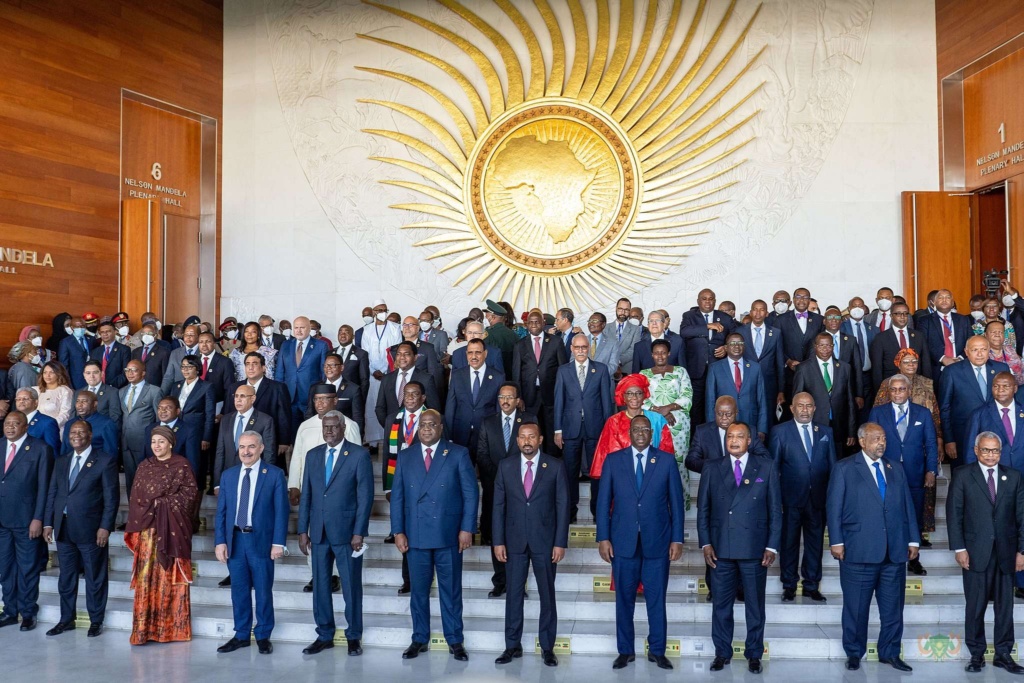
By Olakunle Agboola – It is generally known that one of the major problems hampering growth and development in Africa is ineffective leadership. Therefore, leadership is the ability to direct, guide, motivate, enable, encourage, and inspire others to utilise their talents, potential, and abilities. Also, the ability to rally men and women together for a common purpose by creating an enabling environment for them to maximize their possibilities.
The basis of good leadership is honourable character and selfless service to one’s organization or state. There is a need to have good people in government. When bad politicians are allowed in the corridor of power, they bring harm and poverty to the people. When you see a good democratic society well governed, it means good, strong and service-oriented leaders are in charge.
It is pertinent to note that the continent of Africa over the years has been short of ideal and service-oriented leadership. Service leadership has been an important factor in the high flyers’ current success in terms of growth, performance, and development. This puts a leader in a better position to empower his followers, overcome obstacles, and make a meaningful difference.
Throughout history, Africa has suffered at the hands of dictators who masked themselves as leaders but were only concerned with enriching their pockets with public funds and leaving the populace in abject poverty. Various dictatorships have reigned over the citizens, subjugating the people to varying degrees of suffering and masquerading as democratic governments.
Ineffective good leadership in Africa ushered in the opposite- leadership failure. Failure in Leadership is not all about mismanaging funds. It is about putting bad people in prime positions. People who have neither the passion (sincerity) nor qualifications (skills) to do the job.
The failure in leadership and lack of spirit of nationalism amongst various African leaders have led to the crisis of leadership and thus the situation of failed or failing states in Africa. The burden of leadership failure is so huge in Africa to the extent that its effects have resulted in underdevelopment, dictatorship, poverty and economic stagnation, insecurity, corruption, and loss of reputation in the eyes of the international community.
I once asked a friend of mine from Dubai What makes UAE so successful in four decades while we have a lot of African countries that have been independent for six to seven decades and yet to bring the dividends of democracy to the citizens. He did not waste time answering the question and being convinced that good leadership is the fulcrum of national development in the UAE.
Life wasn’t easy in early Dubai. Cholera plagued the city, there was no electricity, and had few natural resources to fall back on. Democracy isn’t necessarily the law of the land but a centralized culture of decision making which is not far from an autocratic style of government but with a high level of accountability.
Visionary and accountable leadership transformed Dubai into what it is today, widely recognized as a successful modern state, starting from scratch just four decades ago, and has managed to establish the foundations of a prosperous and advanced society.
The UAE will not easily forget Shaikh Zayed Bin Sultan Al Nahyan who is one of the founding fathers of modern Dubai. Shaikh Zayed’s philosophy as a leader and statesman was that the resources of the country should be fully used to the benefit of the people. This extended to the women of the UAE, who flourished under his vision of education, employment and equality for all Emiratis. He died in 2004, in his late eighties, leaving behind a legacy as the Father of the Nation.
History won’t forget Shaikh Rashid Bin Saeed Al Maktoum, Shaikh Maktoum Bin Rashid Al Maktoum, Shaikha Khalifa Bin Zayed Al Nahyan, Shaikh Mohammad Bin Rashid Al Maktoum, and Shaikh Mohammad Bin Zayed Al Nahyan. They have all done well shaping the UAE and enforcing that the wealth of the nation is evenly distributed creating an egalitarian society.
Are there coordinated efforts by African leaders to end poverty and usher in good governance that will allow the majority of the citizens to prosper? This is a big question for African leaders to answer but it will be great if most of them can join the few African leaders who are writing their names in the good book of history.
Kindly follow us on twitter:@AfricanVoice2








